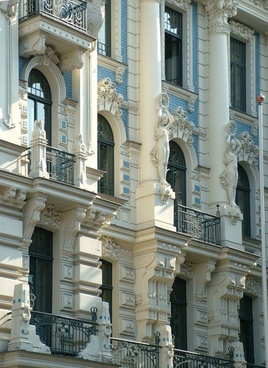a) Legislative framework and practice in the context of detention and repatriation, including mechanisms to ensure protection from refoulement and to ensure family unity

The Ministry of
Interior is the main state administration institution in the field of internal
affairs, which also develops and implements the policy in the field of
migration. The Ministry of Foreign Affairs, Ministry of Welfare, Ministry of
Economics, Ministry of Health, Ministry of Education and Science, Ministry of
Justice, as well as state security institutions and local governments are also
dealing with questions of migration and asylum.
The Immigration Law of the Republic of Latvia and its subordinate
Regulations define procedure of entry, residence, transit, departure and
detention of a third-country national, as well as the procedure according to
which third-country nationals are held under the guard in the Republic of
Latvia and expelled from it, in order to ensure the execution of migration
policy according to rules of international law and state interests of Latvia.
On June 15, 2009 the
Parliament of the Republic
of Latvia
1) European Union Council Directive
2001/55/EC of 20 July 2001 on minimum standards for giving temporary protection
in the event of a mass influx of displaced persons and on measures promoting a
balance of efforts between Member States in receiving such persons and bearing
the consequences thereof;
2) European Council Directive 2003/9/EC of 27
January 2003 laying down minimum standards for the reception of asylum seekers;
3) European Council Directive 2003/86/EC of 22
September 2003 on the right to family reunification;
4) European Council
Directive 2004/83/EC of 29 April 2004 on minimum standards for the
qualification and status of third country nationals or stateless persons as
refugees or as persons who otherwise need international protection and the
content of the protection granted; and
5) European Council Directive 2005/85/EC of 1
December 2005 on minimum standards on procedures in Member States for granting
and withdrawing refugee status.
(1) A person who has acquired refugee and alternative status has the
right to reunite with family members who are located in foreign countries. A
person who has acquired alternative status has such right if he or she has
resided in the Republic
of Latvia
(2) A minor unaccompanied refugee who is not married has the right
to take in his or her mother and father who have arrived from a foreign
country.
(3) A family member of a refugee shall be issued a permanent
residence permit. A family member of a person who has acquired alternative
status shall be issued a temporary residence permit for the same period of time
for which a temporary residence permit has been issued to the person who has
acquired alternative status.
(4) The procedures for reunification of the family referred to in
Paragraphs one and two of this Section shall be determined by the Cabinet.
(5) The residence permit of a family member of a person who has acquired
refugee or alternative status shall be cancelled in accordance with the
procedures specified in the Immigration Law if the refugee or person who has
acquired alternative status loses or is being withdrawn the status granted
thereto.
Section 46 paragraph 2 of the Asylum Law provides a right to
reunite with family members for a person who has been granted temporary
protection. Temporary protection in the Republic
of Latvia shall be granted to a family
member who arrives in the Republic
of Latvia
On 26 January 2010 the Cabinet of Ministers
adopted Regulation No. 74 „ Procedure by which Reunification of Family is
Provided for a Person who is Granted Refugee Status, Alternative Status or
Temporary Protection”.











Post a Comment